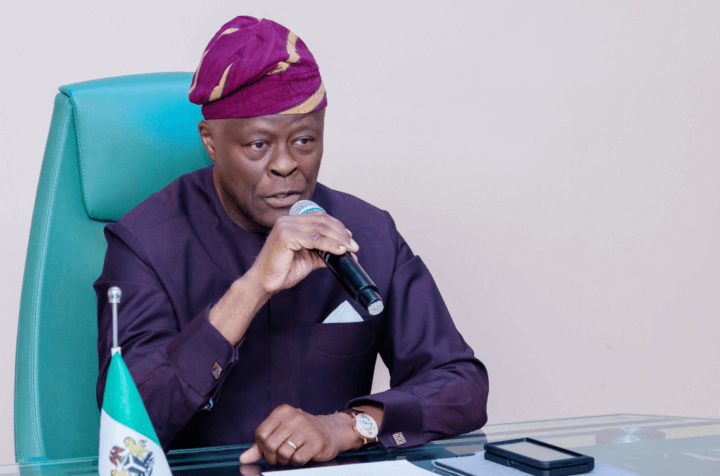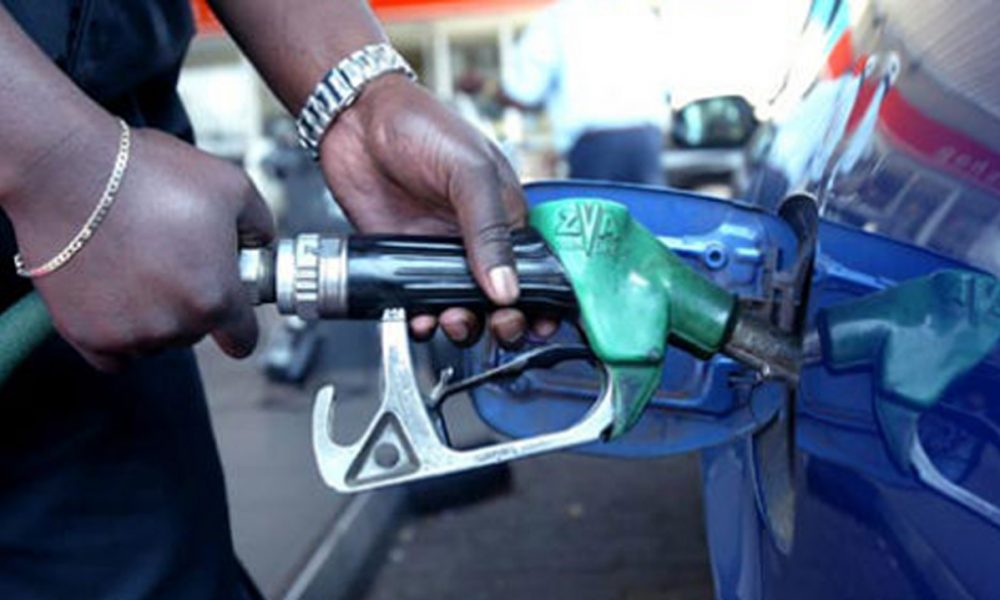A New Era for Nigeria’s Economy: Reducing the Use of Dollars
The Nigerian government, led by President Bola Tinubu, is making significant strides in its efforts to de-dollarize the country’s economy and strengthen the local currency. According to Minister of Finance and Coordinating Minister of the Economy, Wale Edun, the administration’s focus is on shifting the economy away from relying heavily on dollars.
Edun spoke at the recent Global Investors’ Forum in Washington D.C., where he informed attendees that reducing the use of dollars is a key component of the administration’s economic reforms. To achieve this, the government is calling on local service providers, regulators, and others to invoice in naira rather than dollars.
This move will not only reduce the value of the dollar but also increase demand for the naira, as Edun explained. The effects will be far-reaching, with the removal of subsidies on petrol and foreign exchange providing additional funds for the government to allocate to other projects.
Furthermore, Edun pointed out that Nigeria’s primary source of foreign exchange comes from oil production, which is expected to yield positive results in the near future. This influx of funds will enable the government to invest in other areas, driving economic growth and development.
The concept of de-dollarization is not new, according to J.P. Morgan, which defines it as a significant reduction in the use of dollars in global trade and financial transactions, resulting in decreased national, institutional, and corporate demand for the greenback. For Nigeria, this shift will have a positive impact on the economy, enabling the country to become more self-sufficient and reducing its reliance on a single currency.



